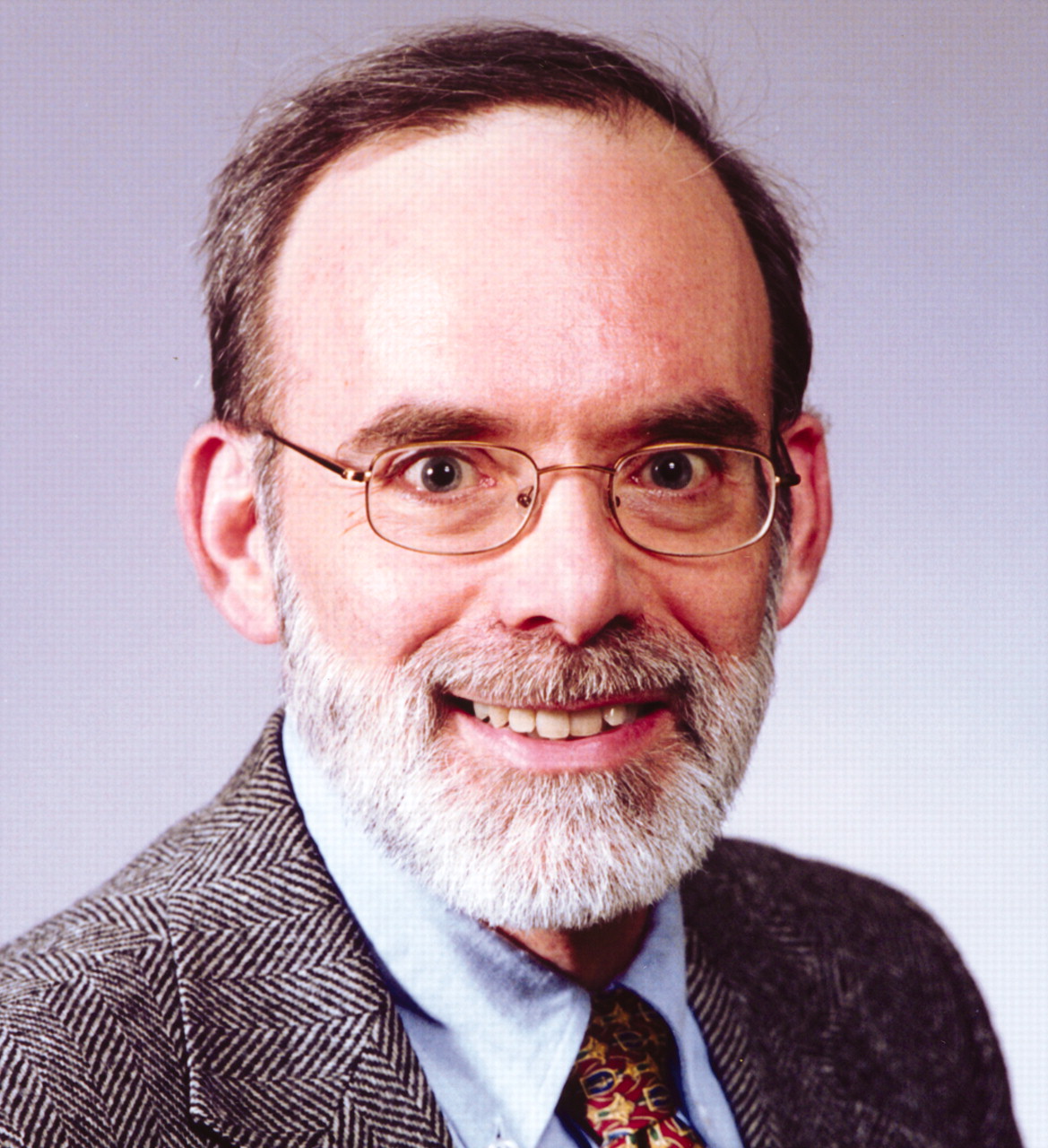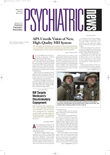In my experience, one ignores the wisdom of Yogi Berra only at one’s own peril. Thus, as I write this final president’s column, his dictum that “It ain’t over ’til it’s over” rings portentously in my ears. In truth, though, with only a few weeks left, my term as president of APA is all but over—and will be complete by the time you read these words. So I hope you’ll permit me some final reflections on this year and what it has been like.
I ran for this office because—having spent a career studying mental health law and its implementation—the opportunity to move from scholar to advocate and to help shape legal and policy decisions affecting our field was irresistible. Indeed, the most satisfaction I have had this year has come from the occasions on which, even in a small way, I felt we were effective in changing the views of opinion leaders and policymakers about initiatives that would affect psychiatric practice.
Meeting with the editorial board of the Washington Post and altering its position on parity for coverage of mental disorders was probably the most dramatic of these moments. Pushing the President’s Commission on Mental Health to pay more attention to the crisis in funding for and access to mental health services, an effort the success of which I hope will be reflected in its final report to be released this spring, may have even greater long-term benefits.
Of course, not all of our work was successful: Despite many meetings and great investment, we were unable to persuade the Bush administration to alter a set of medical privacy regulations that have the dual liabilities of stripping patients of many of their traditional privacy rights and imposing a cumbersome set of administrative requirements on physicians and facilities. But as Yogi can tell you, no one bats 1,000.
Another useful tool at the president’s disposal is access to the media. No week went by without several interviews with the print and broadcast media—opportunities to make the case for policies crucial to psychiatry and to our patients. I talked with CNN and the New York Times about the importance of patient privacy, NPR about the effects of Medicaid cuts on persons with mental disorders, Esquire on the treatability of depression, and MSNBC on coping with anxiety in a world rife with threats of terrorism. Since I promised to make inadequate reimbursement for psychiatric services, and the resulting problems in access, a major theme of my presidential year, I used every encounter with a reporter to drive the point home: We are starving our mental health system, and its condition is critical.
Of course, whatever impact the president can have is multiplied many fold by the efforts of our members, who are willing to fight for good psychiatric care if we only give them the tools. That’s why I appointed a task force led by Steve Sharfstein, M.D., last winter to develop a vision for psychiatric care, around which our advocacy efforts can focus (see story on
page 1). The vision statement, available on the APA Web site, is already having the impact we hoped; I was delighted when the head of a major federal agency told me what a fine piece of work it was and how it was helping to shape discussions going on at the federal level. In the face of relentless attacks on Medicaid, with their disproportionate impact on persons with mental illness, we have also posted on the Web site an advocacy packet for psychiatrists to use in combating these cuts.
Given an organization with 35,000 members, a budget in excess of $50 million, and roughly 240 employees, it’s inevitable that a great deal of a president’s time will be taken up with internal matters. So it was this year. There were the inevitable personnel crises, the complex legal issues, difficult budgetary matters, and the work of coordinating the efforts of our members and our staff. We hired a new medical director and moved our offices. It was not an unusual day when I dealt with 60 to 80 APA-related e-mails and several phone or conference calls.
In addition to running the APA Board, our president serves on the boards of two of our subsidiaries (APIRE and APPI) and on the advisory board for Psychiatric News. I tried to respond to every e-mail, phone call, and letter that I received from members, and if you are one of the few to whom I failed to respond or did not do so in a timely fashion, I apologize.
Many members have asked me whether a one-year term offers a president enough time to set a direction for the Association and implement it. In truth, the year goes by very quickly. But if we were to take up suggestions that the president’s term be extended to two years, we would have to restructure the expectations of the position. I fear that few people would have the ability to put so much of their professional and personal lives on hold as current demands require. There were two stretches during the year when I was out of town five of six weekends, and had almost no week without at least one trip. Were more of the administrative burdens shifted to the other members of the Executive Committee and to the medical director, a longer presidential term might be feasible. Alternatively, some of the same benefits could be gleaned by electing a vice president who automatically becomes president-elect and then president, allowing a three-year period during which a direction can be set.
Nothing that I have done this year could have been accomplished without the superb support of APA’s Governance Office, led by Margaret Dewar. She and her staff are just the best. I have had the rare opportunity of working with two medical directors, and I thank them both for their assistance. You should know that the rest of the APA staff, with many of whom I have worked for years, is just terrific too. And, of course, thanks are due to my family, especially my wife, Dede, who traveled with me much of the year, learning to run her life and her career from the road. The impact on our kids was less than it might have been had we not recently become empty nesters, but the stress of never quite knowing where their parents were (“What city are you in this weekend?” was a popular way to begin an e-mail home this year) could not have been easy to bear. My greatest regret is that our son Yoni’s graduation from Columbia will coincide exactly with our annual meeting in San Francisco, and so we will need to deploy the family strategically on both coasts, with no one getting to both events.
As I hear Yogi’s fat lady warming up her vocal cords in the wings, I want to thank all of you for allowing me this very special privilege of being your president this year. I enjoyed nothing as much as getting out to the district branches to meet so many of you. You are the soul of APA.
In turning you over to the very capable hands of our incoming president, Marcia Goin, M.D., I look forward to doing whatever I can in the future to help in the work of this great organization. See you in the trenches. ▪

